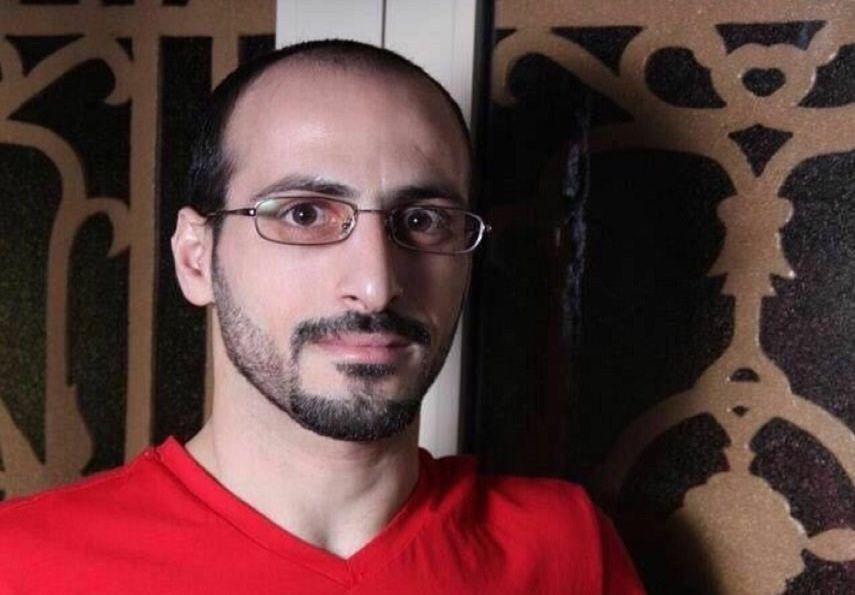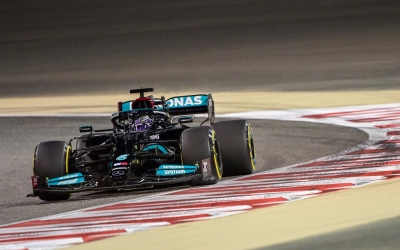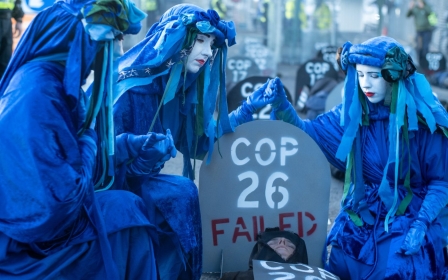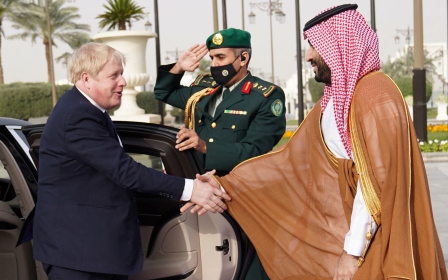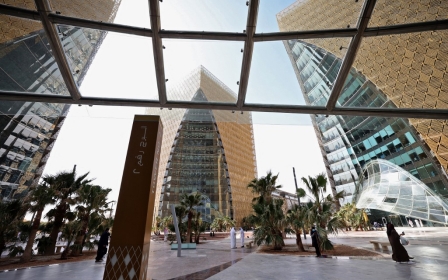Saudi Arabia and its western allies condemned by relative of executed prisoner
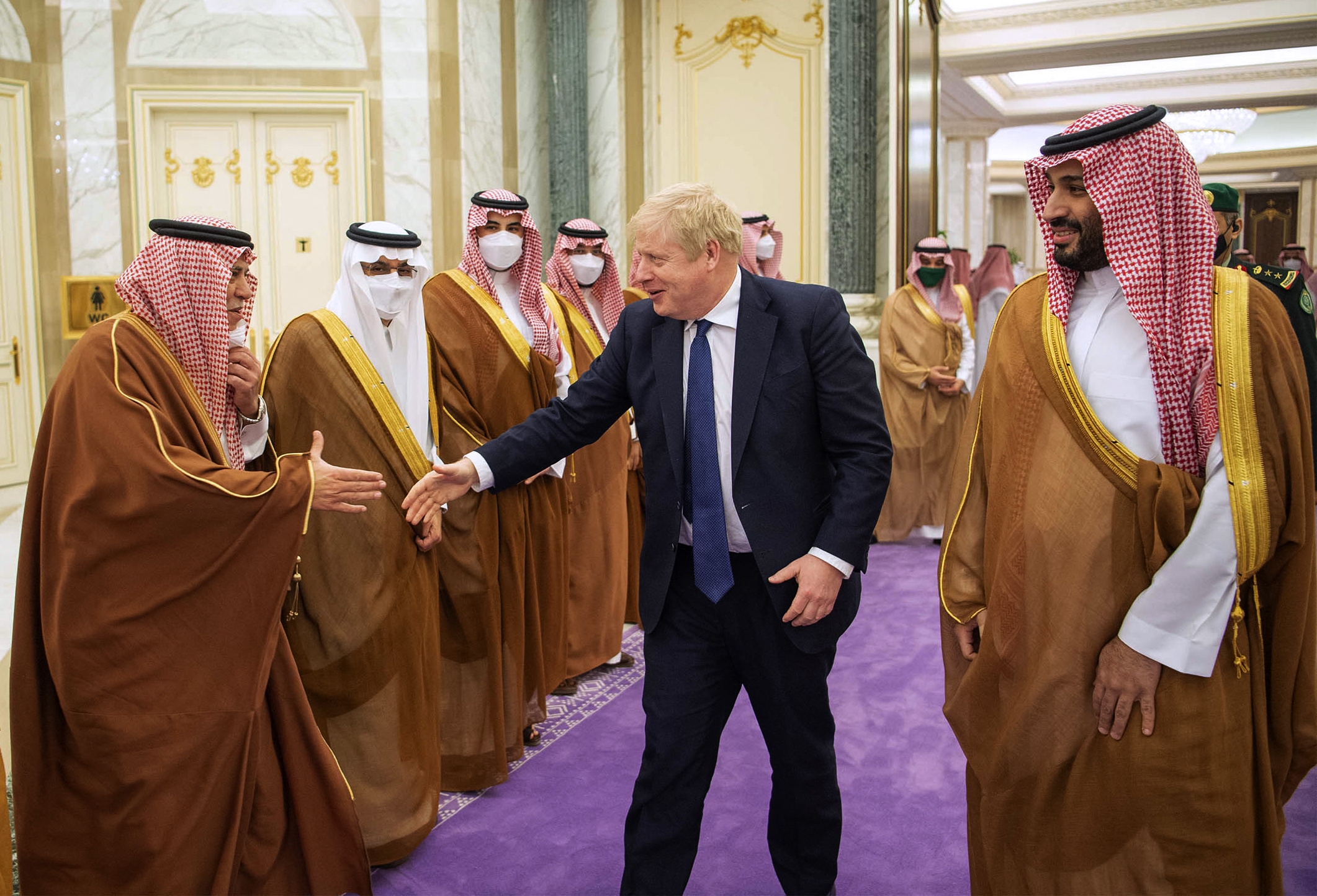
Mohammad al-Shakhouri was a 27-year-old activist from Qatif in Saudi Arabia's Eastern Province. Like many other pro-democracy campaigners in the heavily Shia area, he was snatched up by police in 2017 and imprisoned, accused of belonging to a terrorist organisation.
Last weekend, after several years of torture and abuse, he was executed, along with 80 other people in one of the kingdom's biggest mass killings in years.
The news came as a shock to the families, who were neither given advaced warning nor notified of the executions.
In the past week, Saudi Arabia has carried out capital punishment at an unprecedented rate, even as foreign dignitaries continue to flock to the kingdom in order to try and shore up fossil fuel reserves in the wake of Russia's invasion of Ukraine.
Last weekend's executions were followed by three more on Wednesday and then a further four on Thursday - meaning the kingdom has so far killed 100 people since the beginning of 2022.
New MEE newsletter: Jerusalem Dispatch
Sign up to get the latest insights and analysis on Israel-Palestine, alongside Turkey Unpacked and other MEE newsletters
Shakhouri's brother Hamza, an opposition activist now based in New Zealand, has long had difficulty finding out concrete information about his brother's situation.
He told Middle East Eye that he first heard about his brother's death through the media, when Saudi state TV and other outlets listed the names of those killed. He had received no advanced warning.
"What makes it more painful is that we don’t know when and how they were killed. Were they shot or beheaded? The interior ministry statement did not disclose the details. We also don’t know where and how they were buried," he said.
Shias have different burial traditions than Sunnis, Hamza said, and he had no idea if the proper Islamic rituals had been followed.
"As families, we were deprived of the moment of farewell," he said.
"Even those who were visiting their sons days or weeks before the execution, they were not told that this would be the last meeting between them and that they should say goodbye."
'As families, we were deprived of the moment of farewell'
- Hamza al-Shakhouri, relative
The spate of executions has come as UK Prime Minister Boris Johnson visited the kingdom trying to shore up Britain's energy needs.
On Wednesday, he praised the improvements in the country's human rights record, proclaiming that “things are changing in Saudi Arabia". On the same day, Riyadh carried out three executions.
Rights groups have condemned the willingness of the British and other western governments to strengthen ties with the Saudis, particularly as Johnson and others have publicly railed against Russian President Vladimir Putin's invasion of Ukraine.
“Understandably much of the world’s attention is currently focused on Ukraine, but Saudi Arabia mustn’t be allowed a free pass over the civilians being killed by Saudi coalition airstrikes in Yemen," Polly Truscott, a foreign policy adviser at Amnesty International UK, told MEE.
“The key point is that Saudi oil shouldn’t be allowed to buy the world’s silence over Saudi Arabia’s terrible human rights record.”
The kingdom has claimed that those executed, among them seven Yemenis and one Syrian, were convicted of murder, sexual assault and terrorism, alongside other serious charges.
But based on the information available - which is limited - large numbers of those executed, disproportionately Shia, were arrested for taking part in demonstrations and other political activity.
The men killed on Thursday reportedly included two Indonesians accused of murder. Another, Hussain bin Muhammad bin Hussain bin Saleh, a resident of the Eastern Province, was accused of killing his father and brother, according to the Saudi Press Agency.
Hamza Shakhouri, who left the country in 2012, had no contact with his brother during his time in prison and has not spoken to members of his family in Saudi Arabia in years, for fear of putting them in danger.
"And when I did give my condolences to them it was over social media," he explained.
His cousin Asaad Ali al-Shubbar and another relative were also among those executed.
"We are a family known for our activity against the Saudi regime and its tyranny and dictatorship and its oppressiveness. It seems that we have rebellion in our nature," he said.
"And the government monitors all of that and for that reason, other members of the family, even those who have not been arrested, are subjected to harassment in official circles such as checkpoints that still exist to this day in parts of Qatif."
'Hypocritical world'
The impunity with which the Saudis have carried out this week's executions has alarmed campaigners, as has the willingness of western governments to do little more than issue strongly-worded condemnations.
Lina al-Hathloul, head of monitoring and communications at the ALQST rights group, told MEE on Wednesday that unless human rights were put at the heart of foreign policy, they risked "empowering repressive regimes, leading to perpetual crises."
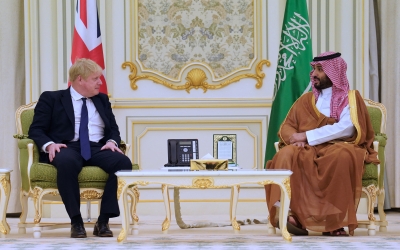
Many have pointed to a double standard over much of the world's response to Russia's invasion of Ukraine, in contrast with the Saudi-led war in Yemen.
The war in Yemen, which Saudi Arabia joined in 2015 as the head of a coalition targeting the Houthi rebels, has been branded the world's worst humanitarian disaster by the UN.
Hundreds of thousands have died, including at least 10,200 children, according to Unicef.
"Why did the world embargo Russia and mobilise all its strength to support Ukrainians when it turns a blind eye to what is happening in Yemen, a war that is in its seventh year?" asked Hamza Shakhouri.
"This world is oppressive and hypocritical. This world moves according to its economic and geopolitical agendas and interests."
Fundamentally, he said, the world needed to take similar action against Saudi Arabia, including a boycott, "exactly the opposite of what Boris Johnson did when he flew to Riyadh."
"There is no other choice for us other than to increase our efforts, our work, and activities to get rid of this tyrannical dictatorship and to find a favourable historic moment to create the rise of a democratic just leadership, elected by the people - far from this tyranny."
Middle East Eye delivers independent and unrivalled coverage and analysis of the Middle East, North Africa and beyond. To learn more about republishing this content and the associated fees, please fill out this form. More about MEE can be found here.


